Tag: Idaho State University
Automotive technology program bridges skills with industry demands
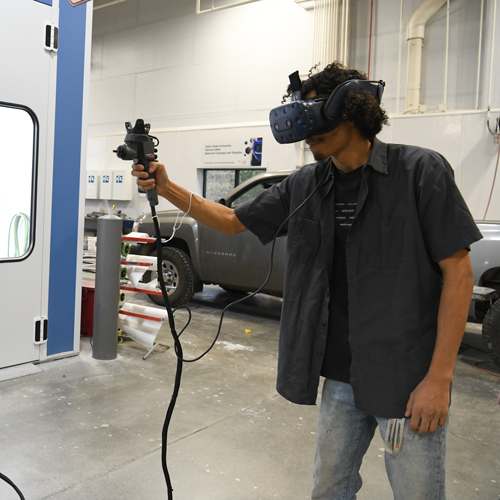
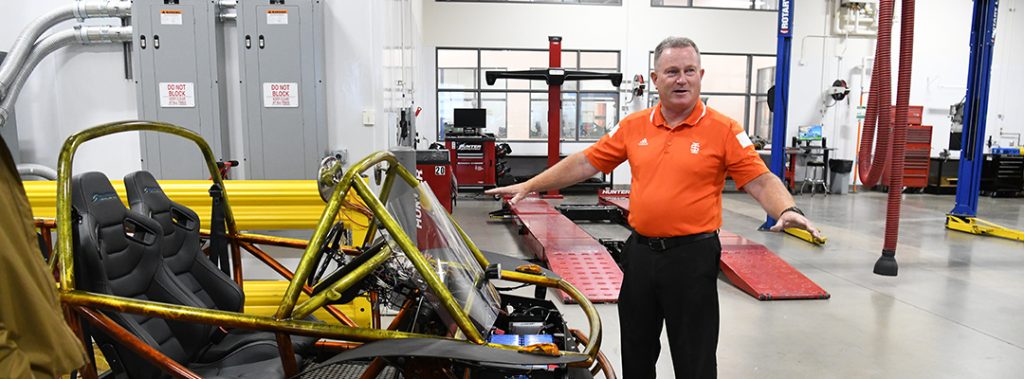
Seeing former students return and witnessing their career growth in the industry after five or 10 years, is truly satisfying.
Brock gunter
Growing up on a farm in Marsh Valley, Brock Gunter’s curiosity drove him to tinker endlessly.
“I took auto all four years of high school,” said Gunter. “My favorite classes were where I got to see how things worked and tear them apart.”
That passion led Gunter to the College of Southern Idaho, where he earned a certificate in diesel technology. For 13 years, he worked in the service department of a Pocatello car dealership. Though he loved his work, a personal connection with Dave Treasure, chair of Idaho State University College of Technology’s transportation department, changed the course of his career.
“They needed an automotive technology instructor, and it felt like a perfect fit,” said Gunter. “Eighteen years later, it still is.”
Gunter’s curriculum, accredited by Automotive Service Excellence (ASE), primes students in engine repair, transmissions, steering, brakes, electrical systems, HVAC, and engine performance. He attributes the program’s success and high job placement rates to plenty of hands-on learning opportunities.
“The last eight weeks of the program, our students focus on what we call live work,” said Gunter. “Some of them work on the cars we have in the shop, and others work in a shop in the community.”
Gunter leans on connections with his technical advisory committee (TAC) to help students find internships and job opportunities. Comprised of representatives from local dealerships and independent shop owners, their insights help Gunter align his teaching methods with industry demands, leading to program enhancements and equipment upgrades. Recent feedback from the committee led Gunter to request new diagnostic equipment and electrical trainers using funds from Governor Little’s Leading Idaho initiative. But it’s not just the hands-on learning opportunities, state-of-the-art equipment, and active and engaged TAC that draw students to Gunter’s program.
“ISU is kind of unique in that, in addition to technical certificates, students can earn an associate’s degree in two years by completing general education requirements,” explained Gunter. “There’s also a path to a four-year Bachelor of Science degree, which draws a lot of students from out-of-state.”
Gunter’s program also attracts interest from area high schools by offering dual credit.
“So I have about 10 students from all three high schools come up here for the last two hours of the day,” said Gunter. “They get the whole first semester done while still in high school, saving them time and money if they choose to continue the program after graduation.”
Regardless of where they come from or where they end up, Gunter takes immense pride in witnessing his students succeed. “Seeing former students return and witnessing their career growth in the industry after five or 10 years, is truly satisfying,” said Gunter.
Medical assisting program helps fill growing demand for healthcare professionals
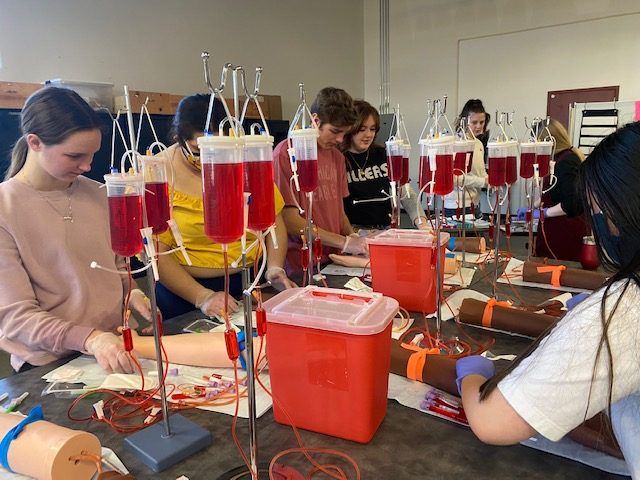
In 2019, School District 25 Career Technical Administrator for Pocatello’s Gateway Professional Technical Education program Rhonda Naftz recognized that many students interested in health professions didn’t want to pursue a career in nursing. Naftz researched potential programs to meet her students’ interests. She discovered that medical assistants (MA) do many routine administrative and clinical functions, creating additional time for doctors and nurses to care for their patients. The labor market data showed and still reports a dire need for health professionals nationwide, resulting in high demand for Medical Assistants in hospitals, clinics, and doctor offices.
Naftz approached the Division about piloting the state’s first secondary MA program. Naftz knew the program needed an instructor with both practical and classroom experience to succeed. She found that instructor in Kristina Pasquella. A graduate from Idaho State University’s MA program, Pasquella was working full-time in a local medical facility and also adjunct faculty in the ISU MA program.
“Our program creates an amazing pipeline into medical assisting or other healthcare classes.”
Kristina Pasquella
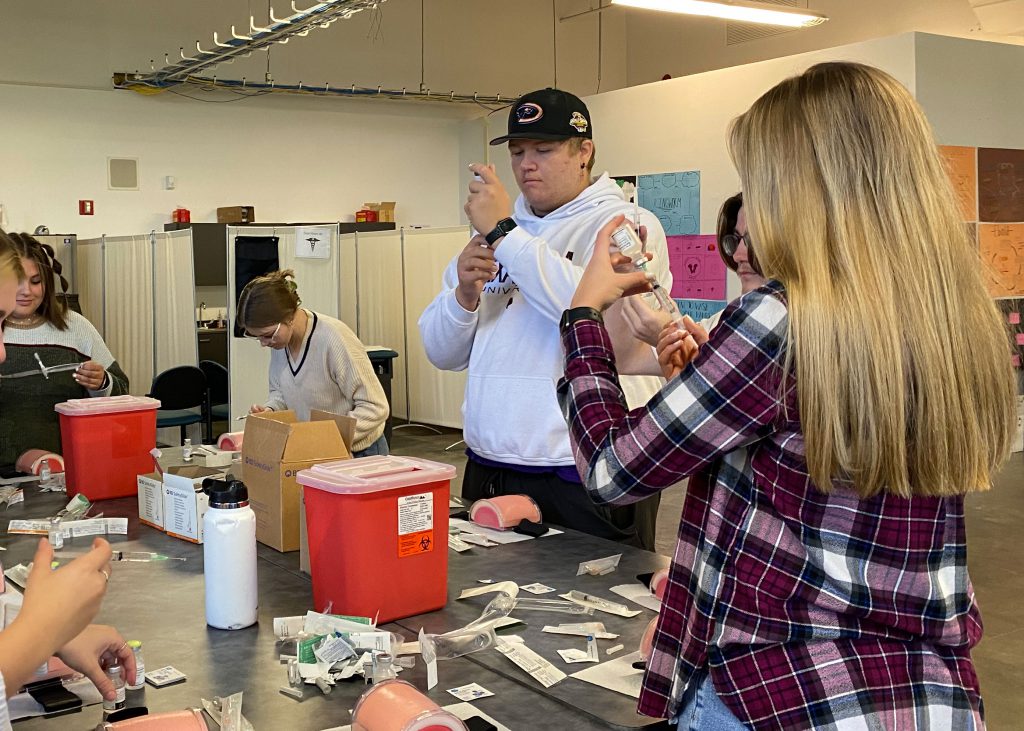
“I’d piloted quite a few education programs for mental health and healthy living programs in the past. As a kid, I always wanted to be a teacher, so creating the pilot program was really interesting and appealed to me,” said Pasquella.
Given Pasquella’s decade of experience as an MA, she worked with ISU and the State CTE Division to design a program giving students the real-world experiences they’d need to be successful. Her classroom looks like an actual medical clinic, complete with exam rooms and a waiting room stocked with posters and brochures created by her students. Students practice calling a patient from the waiting room, walking them to an exam room, taking vitals, asking questions, and recording the answers for the doctor to review. They also get to practice giving intradermal, intramuscular, and transdermal injections on an injection pad. One of their favorite activities is practicing drawing fake blood from realistic-looking silicone arms. Though students enjoy the clinical aspects of the program, they also learn clerical and administrative tasks like scheduling appointments, billing patients and insurance, and medical coding.

“Our program creates an amazing pipeline into medical assisting or other healthcare classes,” said Pasquella.
The partnership with ISU allows students to take to earn college credits for five of the six classes using Advanced Opportunities funds, meaning students pay nothing out of pocket, and their credits transfer seamlessly after graduation. About a quarter of the students who complete the program go right to work after graduation; others can go to CSI to earn a certificate or ISU to pursue a two-year degree.
Four years after its inception, 113 students have completed the program, with 43 more scheduled for this year. Interest in the program—from students and regional employers—continues to grow. Moving forward, Naftz says they’re planning on consolidating all the health profession programs into one building to better use resources and equipment and investigating adding a Certified Clinical Medical Assistant credential to the program.
“Medical programs are notoriously expensive to run, but there’s nothing like CTE to show real, tangible results and a direct correlation between investment and student success,” said Naftz. “We’re so grateful for the continued support of the Pocatello Chubbuck School District, the Division, and the legislature for this and all our CTE programs.”
 Official Government Website
Official Government Website